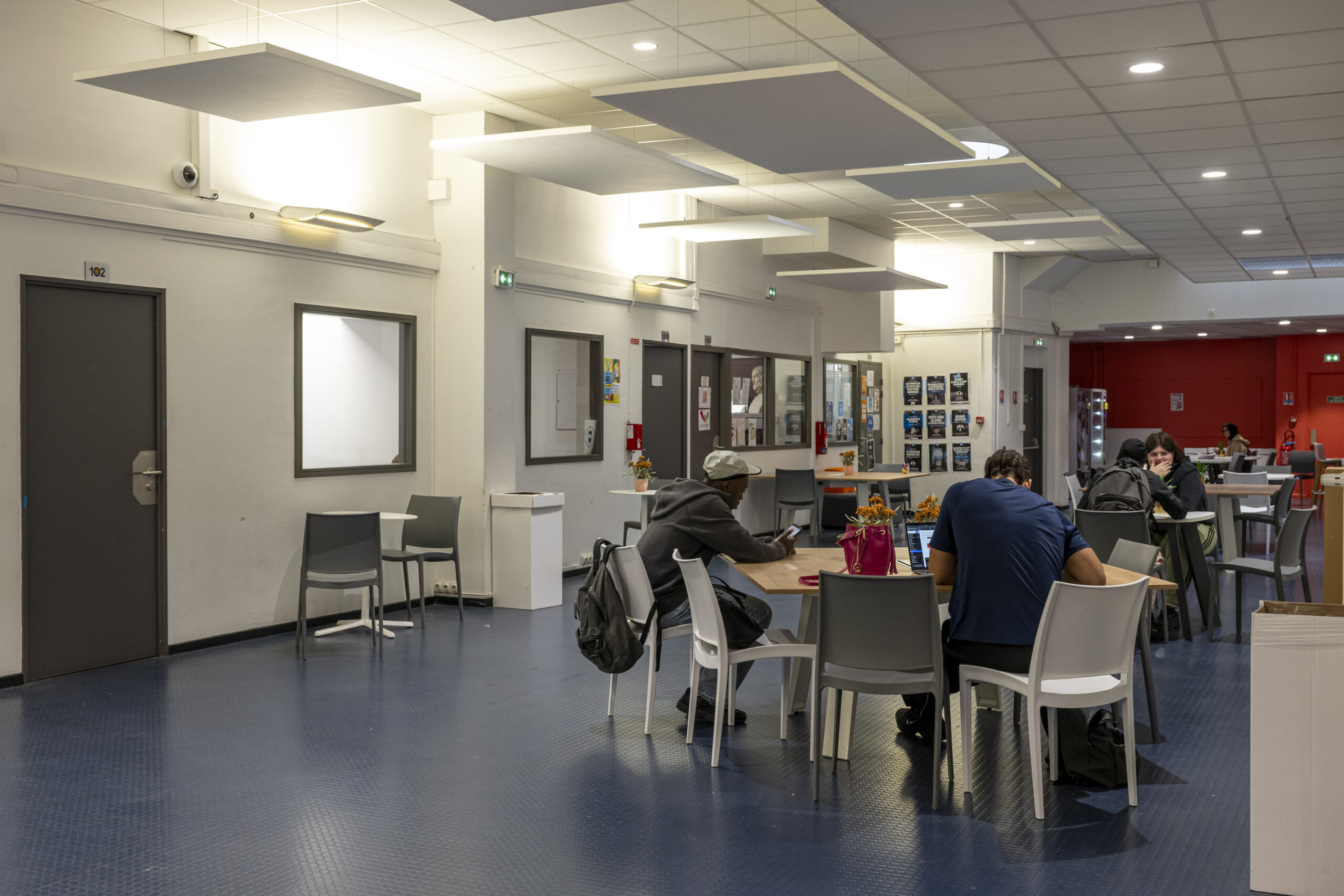New career opportunities
Used every day by more than 300 million people across the planet, French is the fifth most spoken language according to the Organization Internationale de la Francophonie (OIF). Present in 50 countries as an official or commonly used language, the French language embodies a particularly rich and diverse cultural group. As one of the languages used within the United Nation, French is also a diplomatic language, a status that contributes to maintaining its prestige over time.
For non-francophones, learning French is therefore a source of new professional opportunities on an international market that includes many French multinational companies. For foreigners wishing to work in France or in a French-speaking company, it is essential to acquire sufficient linguistic skills not only to deal with everyday situations but also to communicate with customers, suppliers, employees and partners of the company.
Integrating into French society
Learning French is one of the first steps towards integration: in fact, mastering the language is essential when it comes to dealing with common situations in everyday life – medical emergencies, public transportations or shopping – and to forging social ties. Indeed, social relations are decisive for successful integration into French society, or any society… Knowledge of the French language allows foreigners to discover the values, customs, traditions and habits of French society, hence specific diplomas have been created such as the diploma in French language studies ( DELF) and the advanced diploma in French language (DALF).
Meet legal requirements
Learning French has become in recent years a legal requirement for foreigners wishing to obtain a long-term residence permit or even access citizenship. The French knowledge test, or TCF IRN (for “integration, nationality residence”) was thus created to assess the language skills of people who wish to settle in France. Foreigners who apply for their first residence permit must demonstrate a knowledge of French equivalent to the A2 level as defined by the Common European Framework of Reference for Languages. Naturalization requires a B1 level which could be achieved by obtaining the DELF.









